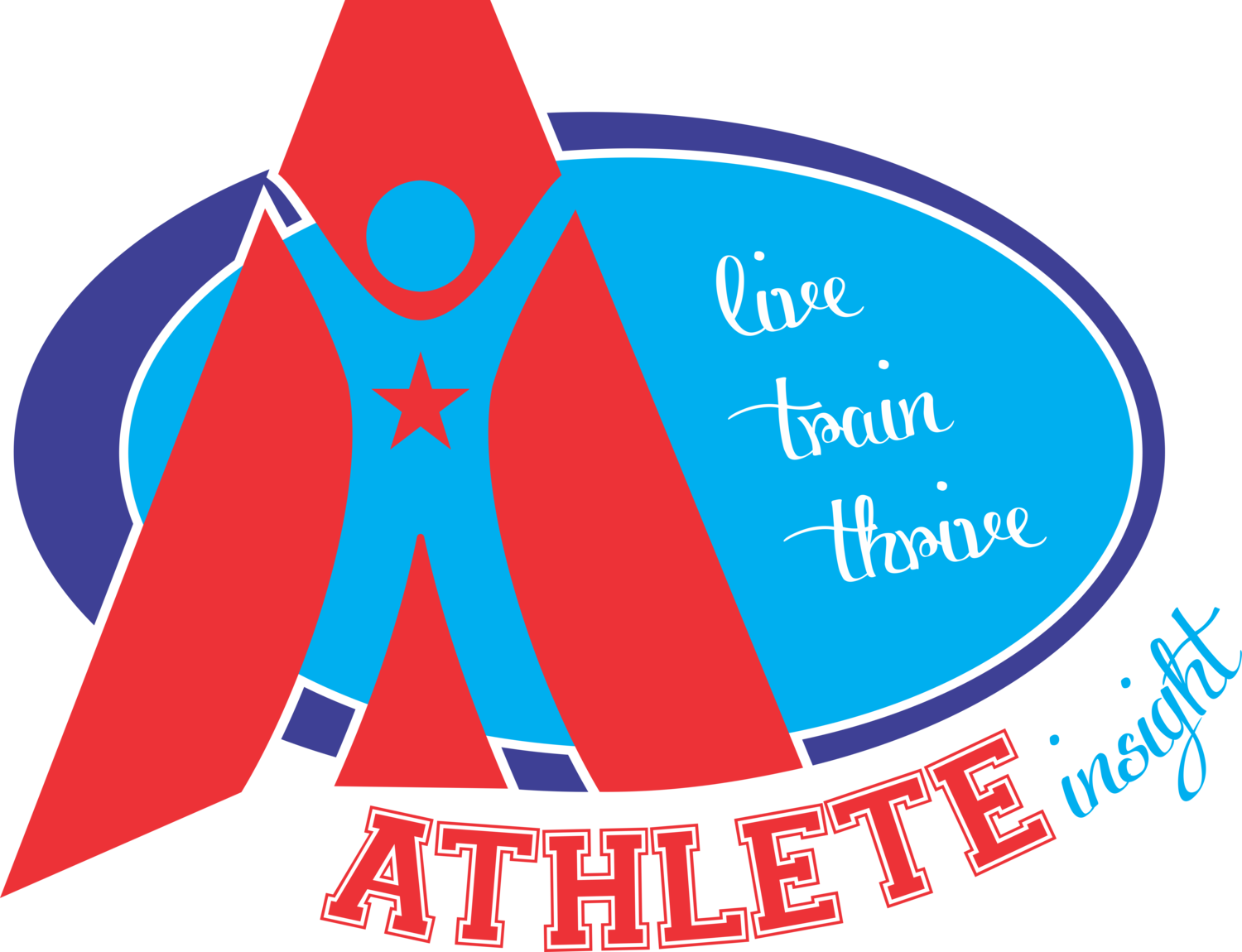By Kate Bennett, PsyD
It is hard to deny the imminence of Valentine’s Day when grocery stores overflow with reminders. From pink frosted cupcakes to red heart-shaped boxes of candy to balloons and decorations, displays shout that February 14 is only days away. In my experience, people tend to have a love/hate relationship with the holiday. If they are in a relationship, people tend to enjoy a special day with their partner. For others, the holiday reminds them of the loneliness or longing in their hearts.
Regardless of your relationship status, I challenge you to celebrate Valentine’s Day with yourself: To spend the day or week intentionally practicing self-compassion. According to Kristin Neff, PhD, self-compassion is composed of three elements:
Self-kindness Understanding and accepting oneself in the midst of failure or inadequacy; responding to oneself with warmth and empathy regardless of circumstance; practicing gentleness instead of self-criticism during difficult moments
Common humanity Recognizing that all humans make mistakes and suffer; accepting that personal inadequacy is part of the human condition
Mindfulness Receiving thoughts and emotions non-judgmentally; observing and responding with intention rather than reacting out of fear
If you prefer a simpler definition: Jen Louden described self-compassion as “dropping self-judgment” every time you notice it.
Dr. Neff’s research revealed an underlying fear of self-indulgence growing out of self-compassion. However, in her New York Times interview, Dr. Neff stated that self-compassion contributes to motivation, noting that “if you care about yourself, you do what’s healthy for you rather then what’s harmful to you.”
Next time your eye catches the pink and red display, think to yourself: How can I practice self-compassion today? If you are having a pretty good day and acceptance is easy, take a moment to express gratitude towards yourself. What about your mind, body, spirit, or personality are you grateful for? Learn to love yourself from the inside out, which will allow your connections with others to grow stronger in return.
If you are curious about how your self-compassion ranks, take Dr. Neff’s self-compassion assessment.



